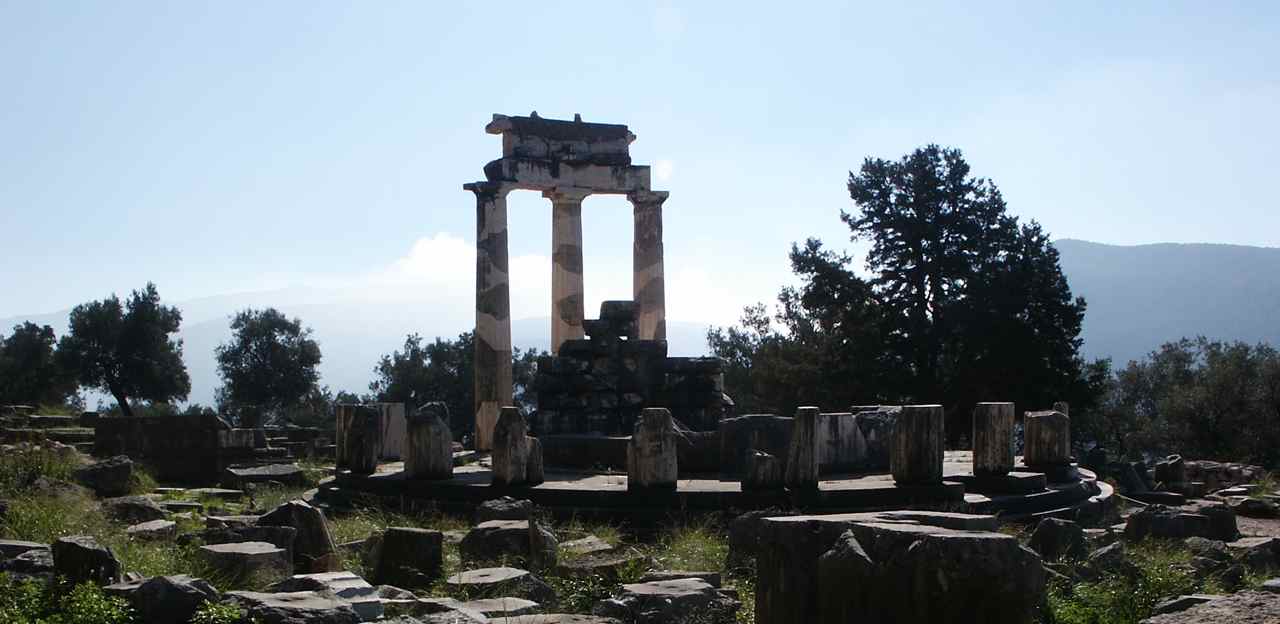
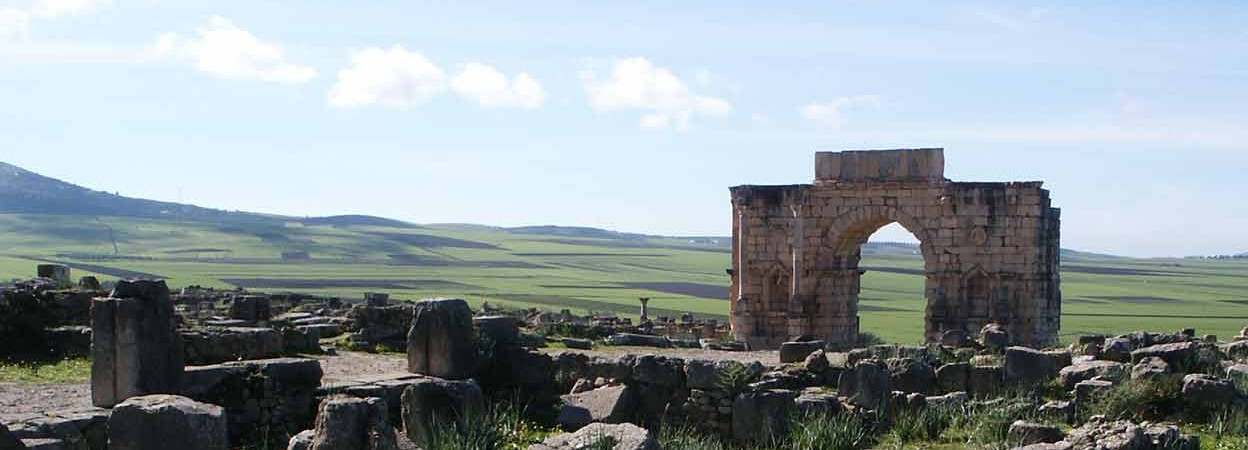
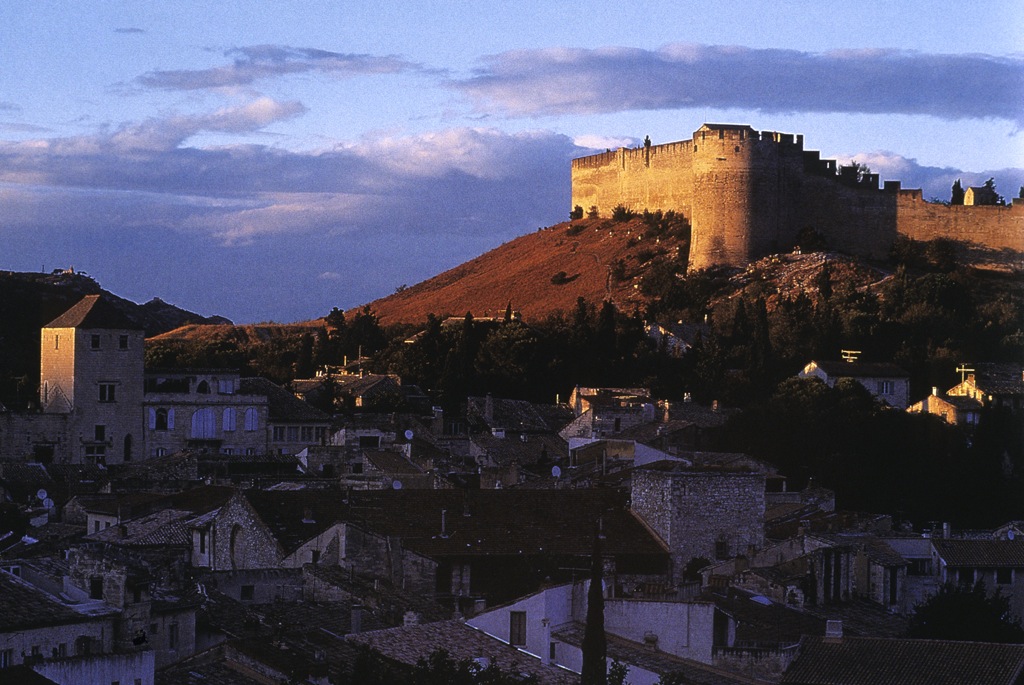

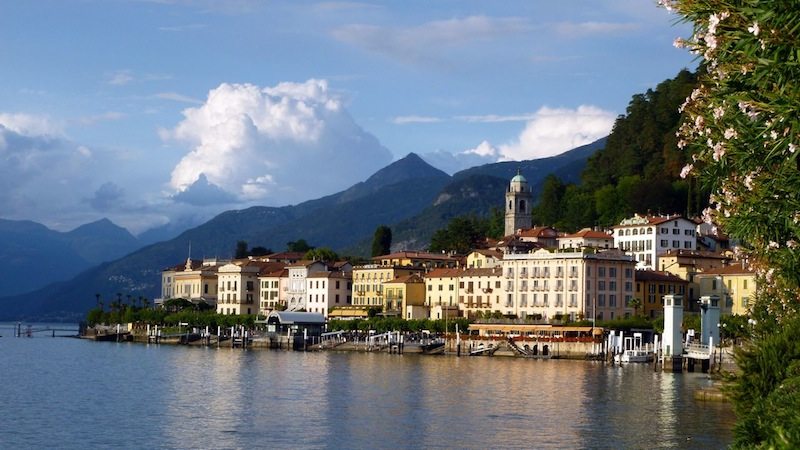
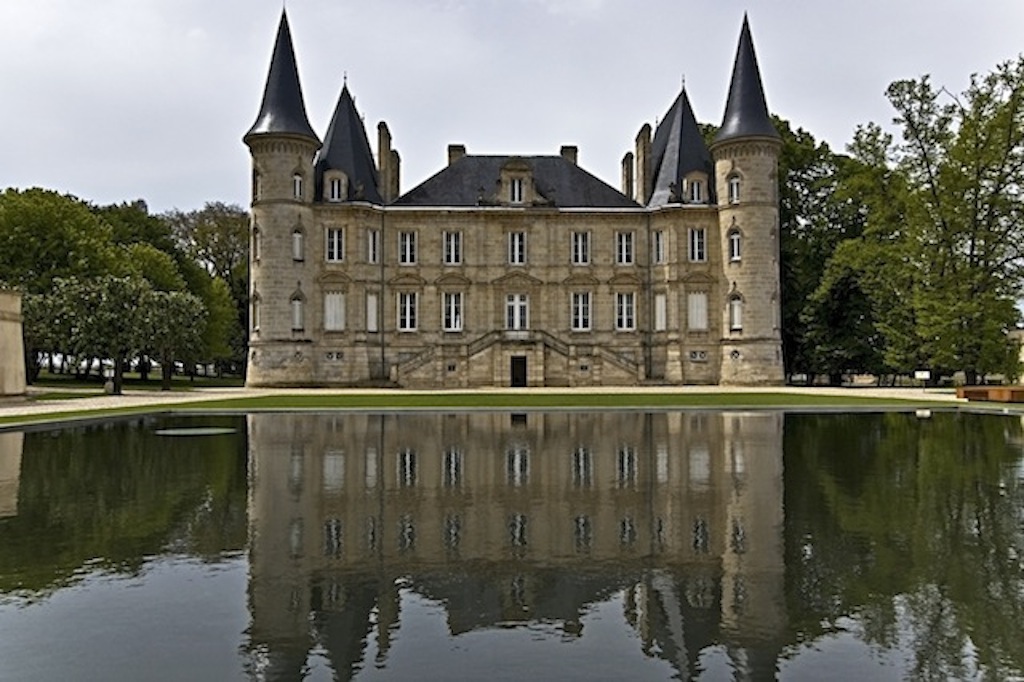
Delphi - the Thalos_1
Volubilis---Arc-de-Tr#35A3D
fran0037x
99 Jardines Bajos
043-ballagio-lake-como2
Chateau in Médoc Region
Encouraging the teaching of The Western Tradition since 2002
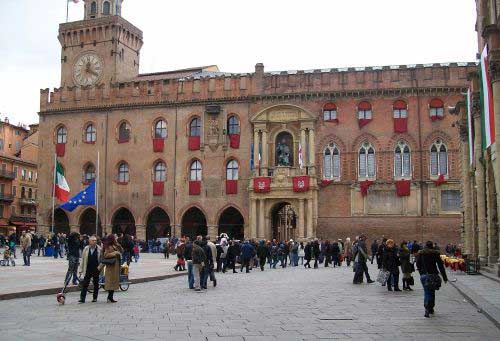
Attend an Event and Expose yourself to New Ideas
The Institute provides frequent lectures, films, and art exhibitions.